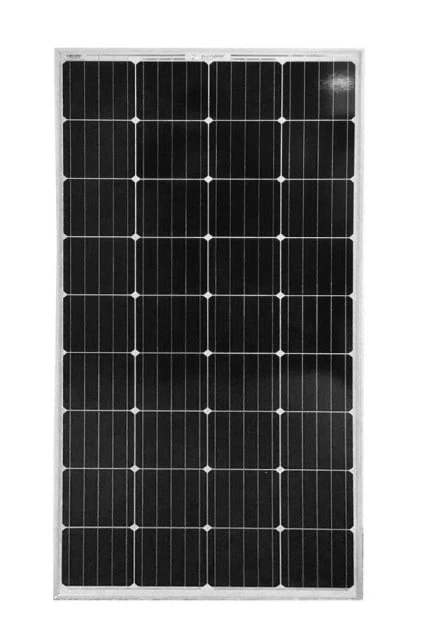Did you know one of the most prevalent and efficient sources of renewable energy in the world is solar energy? In order to heat and light homes and businesses, we harness the sun’s inherent power. While lowering the amount of carbon dioxide you emit, your system can either heat your water or generate power.
Since solar panels don’t pollute or release greenhouse gasses when in use, they provide a cleaner alternative to conventional kinds of energy like central heating. Over the years, advances in the technology of solar panels and, more recently, battery storage, have been substantial. More than ever before, they are available and affordable. Solar energy can reduce annual electricity costs for homes and businesses by hundreds of pounds. PV cells are used individually to power solar energy. Cells and conductive materials are combined to create solar panel systems, which are then attached together. They can then transform solar energy into electricity to utilize in your home.
You can evaluate if installing solar panels would be the correct choice for you by looking at a few different factors mentioned below:
Working of solar panels
A solar PV panel is made up of numerous cells, which are composed of layers of silicon or another semiconducting material. This material conducts electricity when exposed to light.
Typical systems produce direct current (DC) electricity and include about 15 panels. An inverter is integrated with the system to convert DC electricity to AC because domestic equipment needs alternating current (AC). This electricity can be used for household purpose or it can be exported to other grids.
Types of Solar Panels
The first thing to note is that the type of solar PV panel you choose will rely on your needs, the space you have available, and your financial capabilities. Since they originally appeared, solar cells have advanced greatly. Because of their increased sophistication, they are now not only more effective but also more aesthetically beautiful. Below mentioned are the different types of solar panels:
Monocrystalline solar panel
These solar panels are about as efficient as polycrystalline panels, but they are smaller in size. However, they might cost more.
Solar panels made of polycrystals
These panels are significantly easier to make than other materials. Because of this, they are less expensive; nonetheless, when utilized for domestic applications, the modest reduction in efficiency at high temperatures is not a cause for concern. However, because you typically need more of them, they do take up more room. Solar panel prices are pretty reasonable in India.
Thin film solar panels
These operate by layering the material onto a substrate base together with solar cells and substrates. There are several materials that can be used; they are easy to create in large quantities, and they can sometimes be less expensive and more adaptable.
Silicon amorphous solar panels
Although they frequently have multiple layers piled on top of each other to promote efficiency, these are less effective than other varieties.
A biohybrid solar panel
Through the incorporation of organic and inorganic materials, they have been created to use a more organic type of photosynthesis. They produce less power overall, but this means they are practically entirely efficient.
The Benefits of Solar Panels
It’s environmentally friendly
Solar panels don’t emit any pollutants when they’re in use, so by utilizing them to power your house or place of business, you’re using clean energy and lowering your carbon footprint.
Low Cost
Save money by using the electricity you generate to power anything inside your home or place of business for nothing at all. Of course, doing this will result in decreased energy costs and long-term financial savings. The Smart Export Guarantee, which replaces FIT, will allow you to profit as well, providing a quicker return on your investment. Solar panel prices are fairly priced in India.
No permit
No specific authority is needed to install solar panels; there is no need for a planning permit. Although there are some restrictions that must be followed, most of them are straightforward.
It is renewable
You should have access to plenty of free electricity throughout the year because the sun won’t run out anytime soon and they even function on cloudy days. To conserve any electricity you generate that you don’t use during the day and utilize it at night when the sun isn’t shining, add a battery storage device. Additionally, it will lessen your carbon footprint.
It is Efficient
They can generate energy throughout the year, not just when the sun is shining.
Conclusion
Remember that solar panels are made to be installed for a very long time—up to 25 years. Do your research to be sure that the type you choose is the finest choice for your needs, whatever they may be. IndustryBuying offers reasonable rates on 1kw solar panel prices in India.
0



